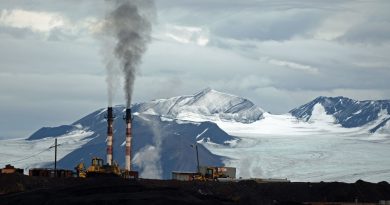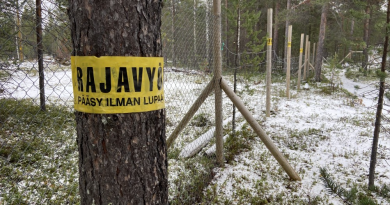Urgent need to mitigate climate impacts on Antarctica says report
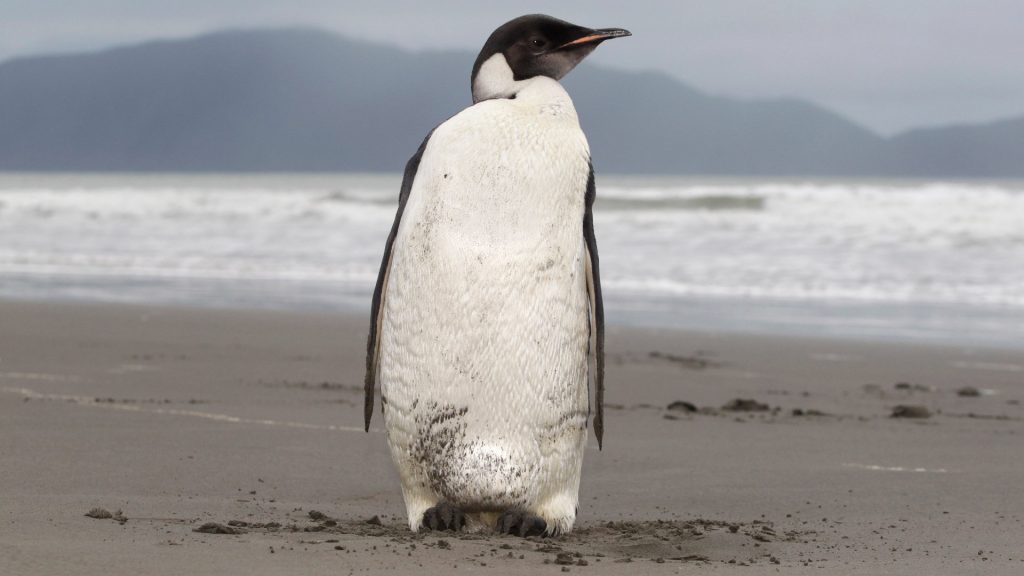
Climate change’s impact on Antarctica continues to be profound and will have implications for the entire globe if more aggressive mitigation strategies are not put in place, says a report released this week by the Scientific Committee on Antarctic Research (SCAR).
“Under current projections, and without nations meeting the nationally determined contributions of the Paris Climate Agreement, the rate of global change will outpace societal, political, and economic responses that will facilitate adaptation and strengthen resilience to the impacts of climate change,” the report says.
“Effective action is now more urgent than it has ever been.”
The report, “Antarctic Climate Change and the Environment,” summarizes current science about the continent as well as future research and policy recommendations.
Sea level changes could affect estimated 800 million people
The authors of the report say continued melting of the Antarctic ice sheet could have drastic impacts on mean sea level, something that will impact both people and environments in coastal areas across the planet. But uncertainty remains around estimates and projections, something that calls for more focused research, they say.
“This uncertainty increases for long-term sea level projections beyond 2100,” the report says. “Under high emissions scenarios considering these abrupt ice sheet processes, global mean sea level could rise by as much as 1.61 m by 2100, and 4.83 m by 2150.”
These sea level changes could affect an estimated 800 million people, the report says.
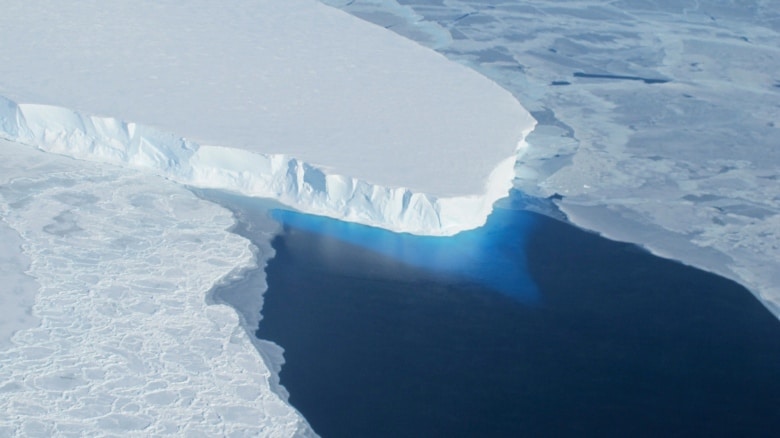
“Antarctica’s changes have profound consequences for all of us,” Steven Chown, the director of Securing Antarctica’s Environmental Future, who led the report, said in a news release.
“What’s most unnerving is that we are documenting these changes already but are unsure how large they’ll become. We could be facing unmanageable adversity in our lifetimes if we don’t act with urgency.”
The climate is also putting the continent’s unique biodiversity at risk, say the authors.
Invasive species are already being established and the warming environment could effect everything from krill, to whales and seals, and make the iconic emperor penguin “all but gone” by the end of the century unless greenhouse gases are reduced, the report says.
Emperor penguins are particularly difficult to monitor due to their remoteness and the complexity of their breeding cycle, but global populations have declined over the last ten years.
“Emperor penguins are expected to be impacted substantially, with the population projected to decline close to extinction with business-as-usual climate scenarios,” the authors said.
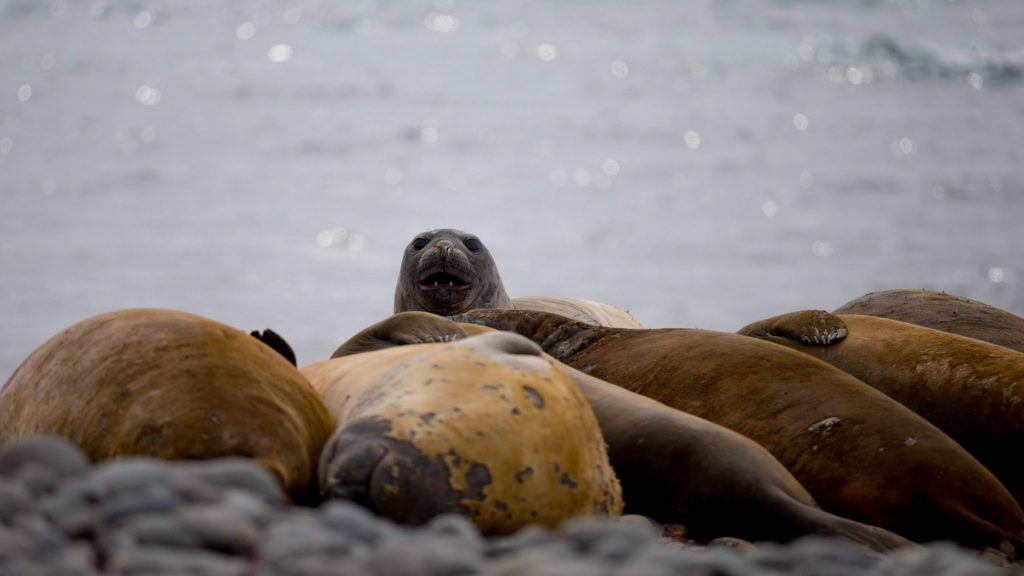
“This report highlights that Antarctica’s ecosystems, on land and in the sea, are already facing strong pressure from climate change,” Peter Convey, a terrestrial ecologist and biodiversity specialist at the British Antarctic Survey and one of the report’s co-authors, said.
“Elements of its native biodiversity are showing sometimes rapid responses, providing clear warnings of how ecosystems at lower latitudes, and the human societies they sustain, will be impacted in future without urgent action.”
Among the report’s recommendations are for treaty partners to communicate to governments and all levels of civil society the importance of exceeding the Paris climate agreement targets of limiting warming to less than two degees above pre-industrial temperatures or at a minimum, meeting them.
It also stressed that research geared to reducing uncertainty gaps around Antarctic ice sheet changes needs to be urgently prioritized on a global scale.
“This report sends a strong message to the Antarctic Treaty Parties that there’s a need for urgent action on minimizing climate change impacts in Antarctica and the Southern Ocean, and that it’s critical for information on the global consequences of Antarctic change to be communicated to the rest of the world,” Susie Grant, a British Antarctic Survey marine biogeographer, and one of the report’s co-authors said.
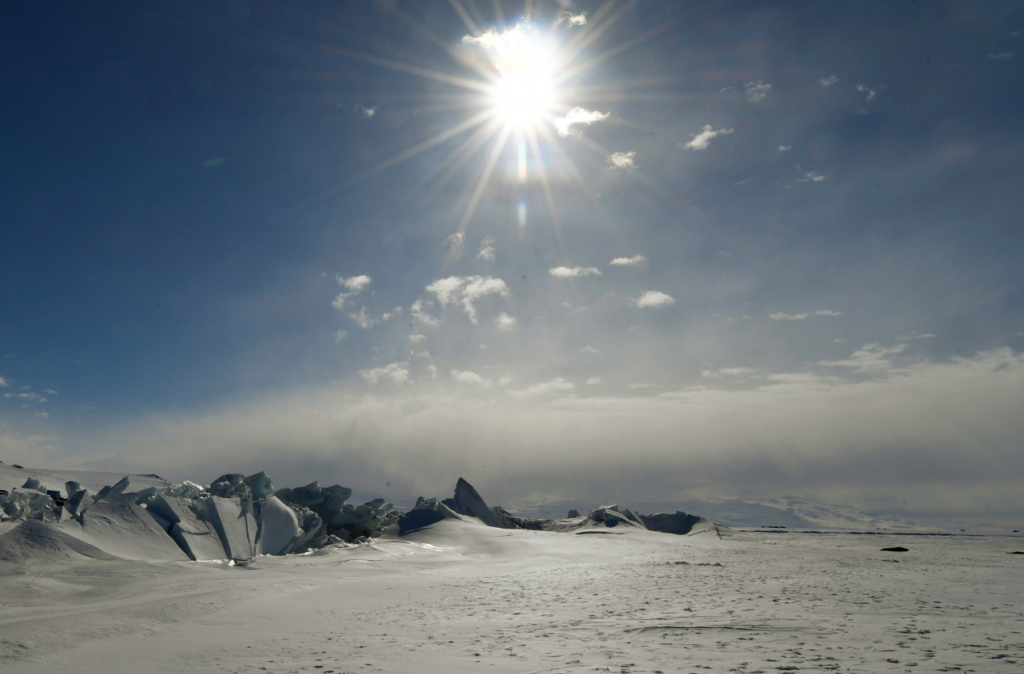
The report was prepared for the 44th meeting of the Antarctic Treaty Parties taking place in Berlin this week.
The gathering takes place every year to discuss issues related to Antarctica.
The meeting runs until June 2.
Write to Eilís Quinn at eilis.quinn(at)cbc.ca
Related stories from around the North:
Canada: “Our climate is changing before our eyes,” says WMO upon release of new report, Eye on the Arctic
Finland: Lapland among regions not in favour of wind power compensation for eastern Finland, Yle News
Norway: Will the green transition be the new economic motor in the Arctic?, Eye on the Arctic
Sweden: Wind farm delays in northern Sweden could hinder green revolution, Radio Sweden
United States: Alaska’s Northwest Arctic Borough gets $2 million tribal energy grant, Alaska Public Media


